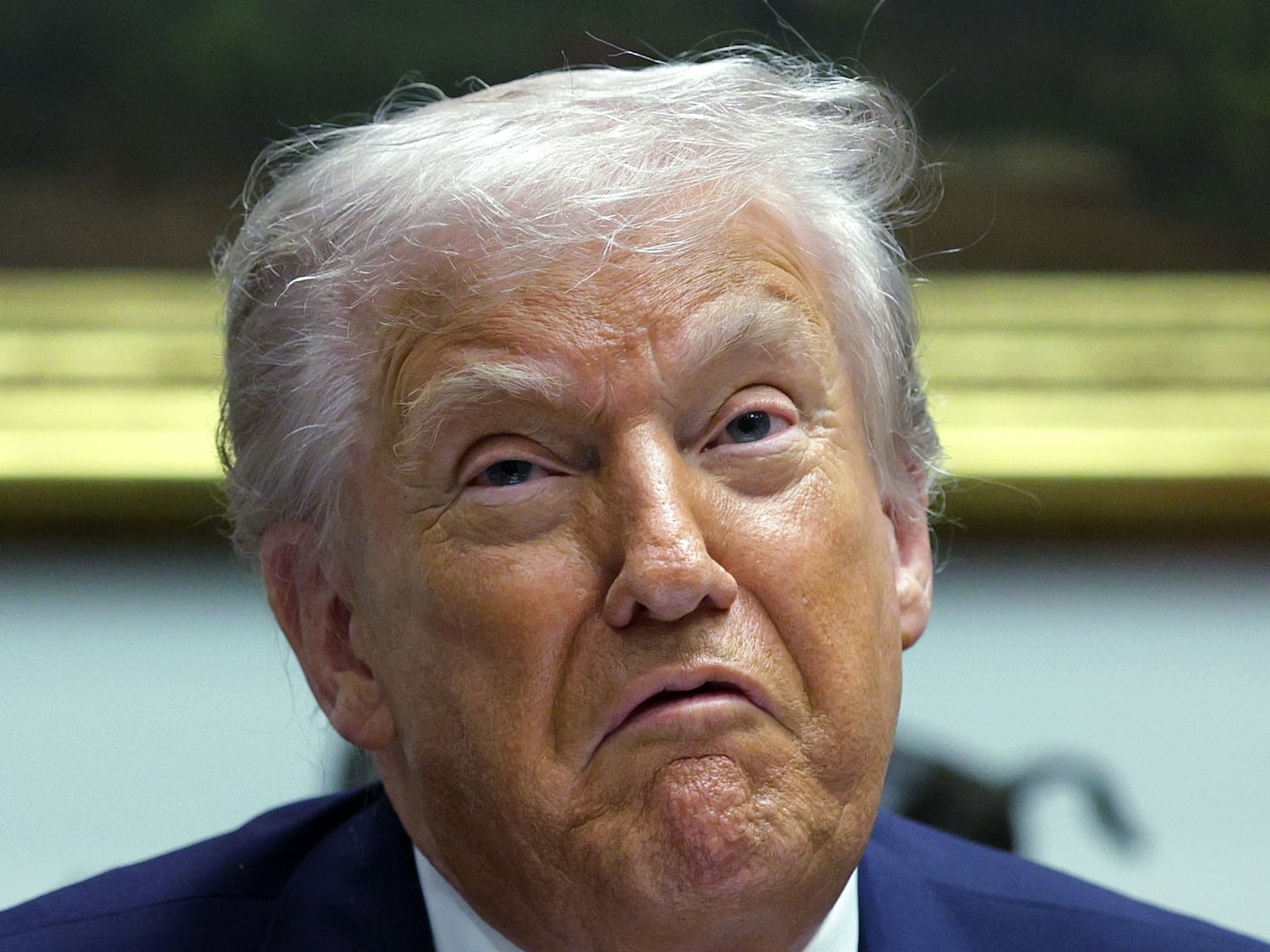
Did the Bush administration neglect actionable information on the 9/11 terror plot before the attacks?
In the New York Times today, Kurt Eichenwald presses the old argument that Bush did.
The C.I.A. repeated the warnings in the briefs that followed. Operatives connected to Bin Laden, one reported on June 29, expected the planned near-term attacks to have “dramatic consequences,” including major casualties. On July 1, the brief stated that the operation had been delayed, but “will occur soon.” Some of the briefs again reminded Mr. Bush that the attack timing was flexible, and that, despite any perceived delay, the planned assault was on track.
Yet, the White House failed to take significant action. Officials at the Counterterrorism Center of the C.I.A. grew apoplectic. On July 9, at a meeting of the counterterrorism group, one official suggested that the staff put in for a transfer so that somebody else would be responsible when the attack took place, two people who were there told me in interviews. The suggestion was batted down, they said, because there would be no time to train anyone else.
That same day in Chechnya, according to intelligence I reviewed, Ibn Al-Khattab, an extremist who was known for his brutality and his links to Al Qaeda, told his followers that there would soon be very big news. Within 48 hours, an intelligence official told me, that information was conveyed to the White House, providing more data supporting the C.I.A.’s warnings. Still, the alarm bells didn’t sound.
On July 24, Mr. Bush was notified that the attack was still being readied, but that it had been postponed, perhaps by a few months. But the president did not feel the briefings on potential attacks were sufficient, one intelligence official told me, and instead asked for a broader analysis on Al Qaeda, its aspirations and its history.
Nobody will argue that the US government in general - or the Bush administration in particular - distinguished itself in the summer of 2001. While reviewing the old memos, however, let's keep in mind the salient fact that the worst failures of government occurred far away from the White House, and even before the Bush administration took office:
1) The failure of the CIA to share terrorist watch lists with the FBI so as to bar the lead 9/11 conspirators from the country; and
2) The failure of local police to cooperate with national immigration enforcement so as to remove the conspirators when they came into view inside the country.
On point 2, the most haunting failure remains that in the case of Ziad Jarrah, the terrorist who seized the controls of United Flight 93, the plane that crashed in Shanksville, Pennsylvania. On September 9, 2001, two days before the hijacking, Jarrah was pulled over by a Maryland state trooper for speeding on I-95. Jarrah was driving with a driver's license issued to a false address. Local police had no way to determine that, nor to know that Jarrah's name appeared on a CIA watch list. They let him go. What if they had detained him? Jarrah had a girlfriend he apparently loved - the only close human tie among the 9/11 conspirators. Speeding while driving to the scene of a crime violates every rule of secrecy. Was Jarrah hoping to be caught?
As Eichenwald says in his piece, these remain among the unanswered questions of 9/11. But the suggestion he does offer -- that al-Qaeda was neglected that summer because unnamed neoconservatives were consumed with Iraq -- ignores this truth: by the time George W. Bush was getting or neglecting his briefings in July and August 2001, the worst mistakes had already occurred, and they occurred within the national security agencies themselves.






